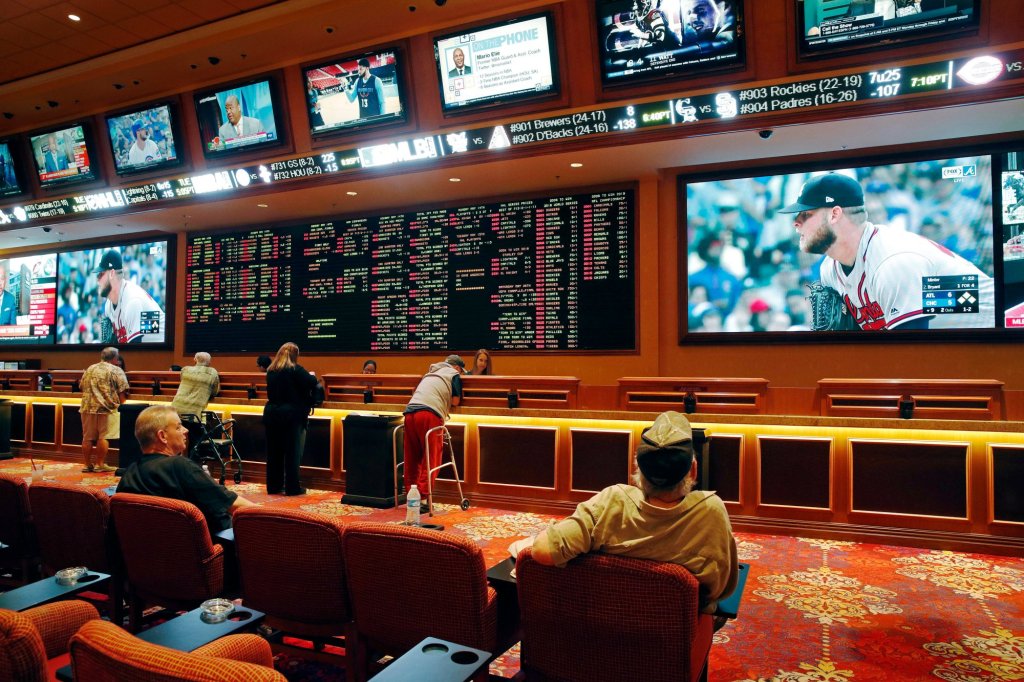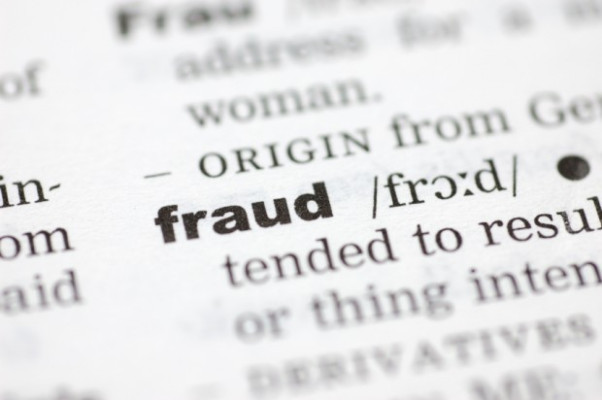The California-Hawaii NAACP supports Proposition 26, a ballot measure that would legalize sports wagering at tribal casinos and certain horse racing tracks.
But it opposes a part of the ballot materials released by the Secretary of State’s Office ahead of the November election.
The California-Hawaii NAACP filed a lawsuit this week asking for an opposition statement attributed to Minnie Hadley-Hempstead of the Los Angeles NAACP branch to be stricken from ballot materials.
The civil rights organization contended the statement is “false and/or misleading” since the group does, in fact, support Prop 26. It also said the NAACP bylaws prohibit local branches from taking positions contrary to that of the state group.
The lawsuit filed Tuesday, Aug. 2, requested the opposition statement be removed from ballot materials.
“NAACP is proud to stand with California Indian Tribes in strong support of Prop 26 to help preserve and further Indian self-reliance,” Rick Callender, president of the California-Hawaii NAACP, said in a statement. “We are outraged that the cardroom casinos and their No On 26 campaign would deceptively use the NAACP name in its arguments despite our strong support.”
Prop 26 is one of two ballot measures before voters in November pertaining to sports betting. If approved by a majority of voters, it would allow on-site sports wagering at tribal casinos and the four major horse tracks operational year-round, including Santa Anita Park and Los Alamitos Race Course.
However, if it’s rejected, sports betting would continue to be illegal in California, and tribal casinos would still be prohibited from offering dice games and roulette.
Prop 27 would legalize online and mobile sports wagering through tribes and affiliated businesses on non-tribal lands. It could only be offered to people who are at least 21 years old, and a portion of the share of sports bets made would need to be turned over to the state.
In February, the California-Hawaii NAACP announced its support for Prop 26 — which it said is “consistent with that long-standing position for disenfranchised communities of color to become self-sufficient” — while revealing its “grave concerns” for Prop 27.
Those critical of Prop 27 argue it would be financially beneficial to out-of-state corporations and not truly address California’s needs.
A statewide ballot measure would need to be approved by a majority vote to be enacted.
The contentious Prop 26 opposition statement at the heart of the California-Hawaii NAACP’s lawsuit appears on the Secretary of State’s Office’s official voter information guide, under public scrutiny until Aug. 15.
“We oppose Prop 26 to protect young people from developing lifelong gambling addictions that often lead to ruined finances, relationships, even homelessness and crime,” said the statement attributed to Hadley-Hempstead, a retired principal and president emeritus of the Los Angeles NAACP chapter.
The lawsuit alleged the local NAACP branch does not have the “president emeritus” position. It said Hadley-Hempstead asked for her statement to be removed after she learned the NAACP actually supports the measure.
The Los Angeles NAACP did not respond to an emailed request for comment.
It is common for individuals or entities to challenge the information presented on the voter information guide during this public display period through legal avenues. And should a court order the secretary of state to amend the language, the office would do so, a spokesperson confirmed.
Other statements against Prop 26, included on the voter information guide, argued the ballot measure could cause a massive expansion of gambling in California, leave workers unprotected, and put card clubs out of business.
Arguments in support of the measure maintain it would be a “responsible approach” to allowing sports wagering, “promote self-reliance” for California’s tribes, and financially support public schools.
The California-Hawaii NAACP lawsuit was filed on Aug. 2 in the Superior Court of California in Sacramento County.










